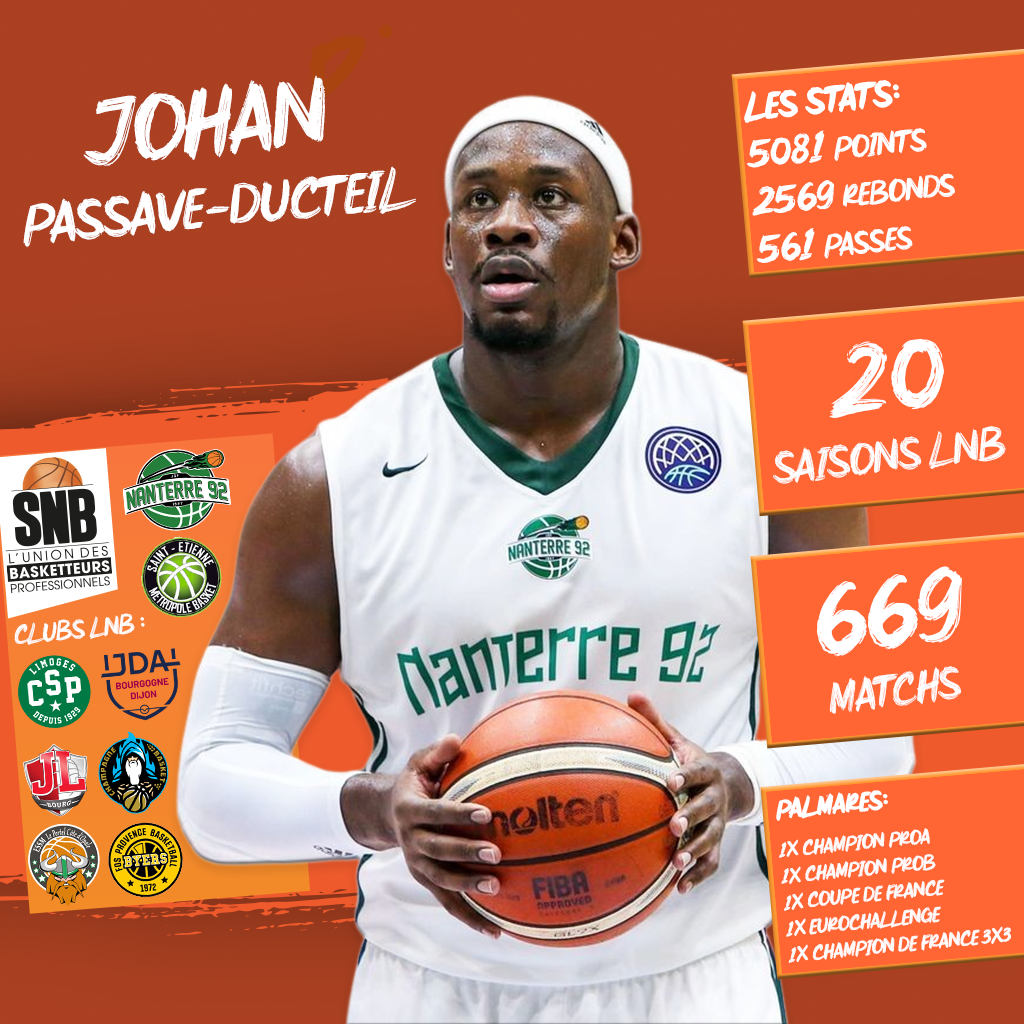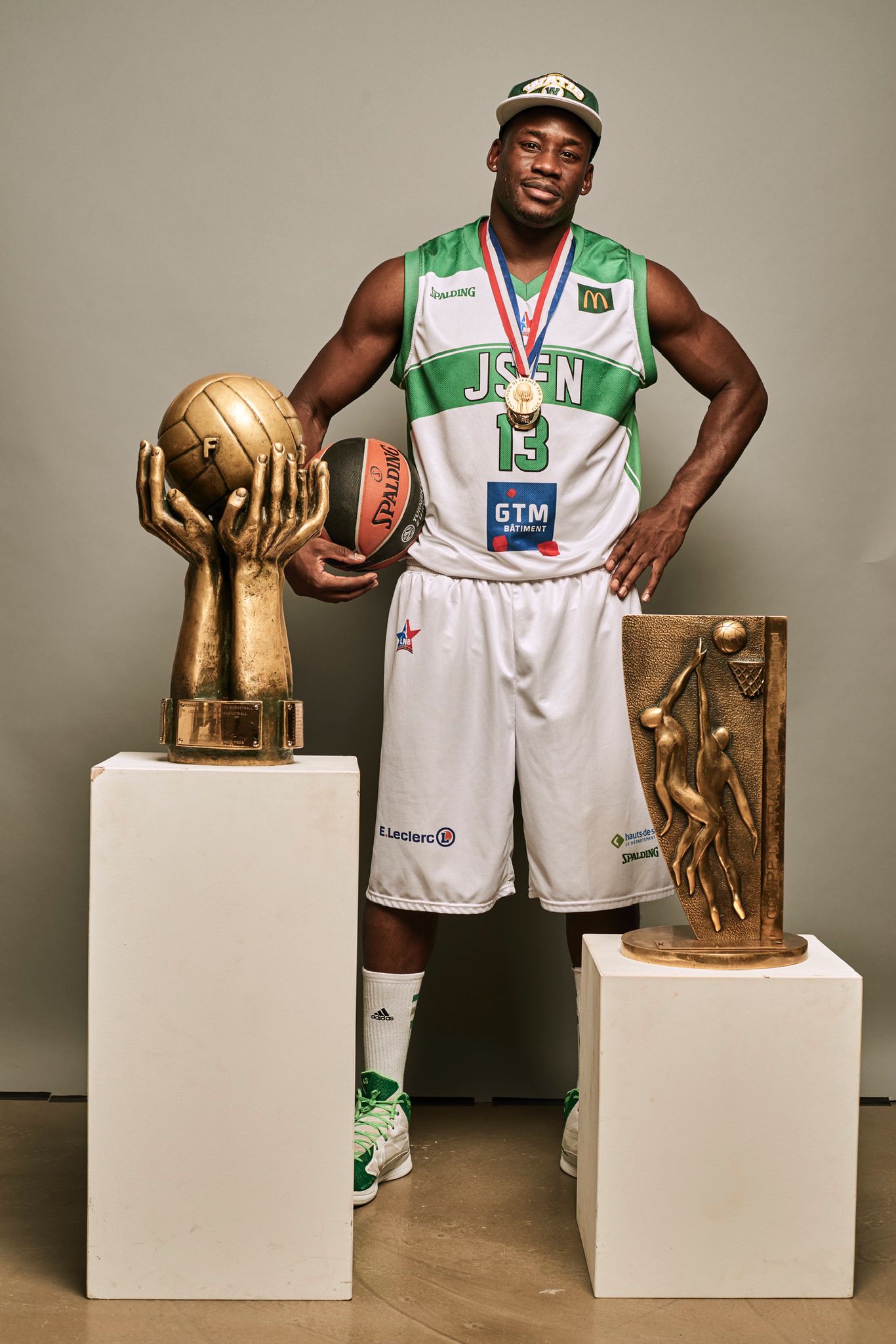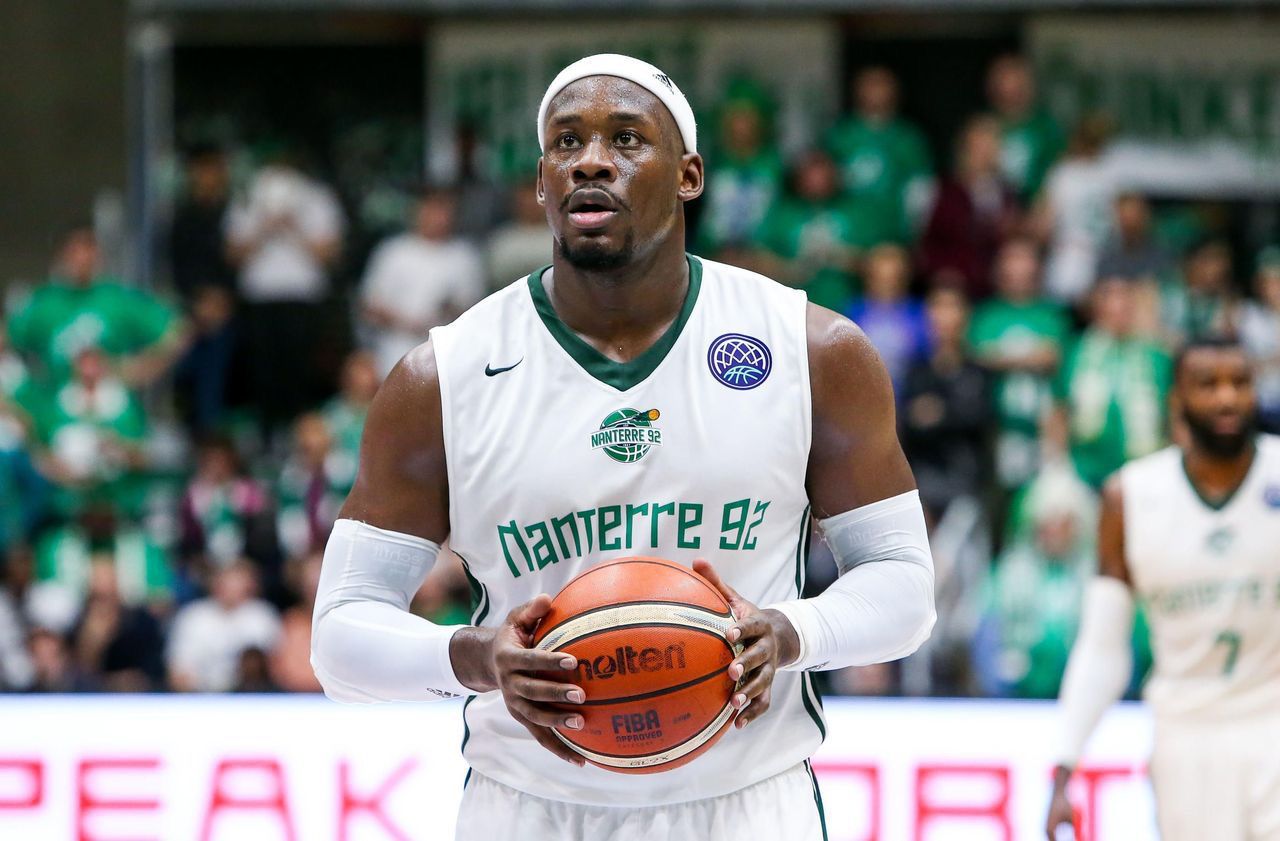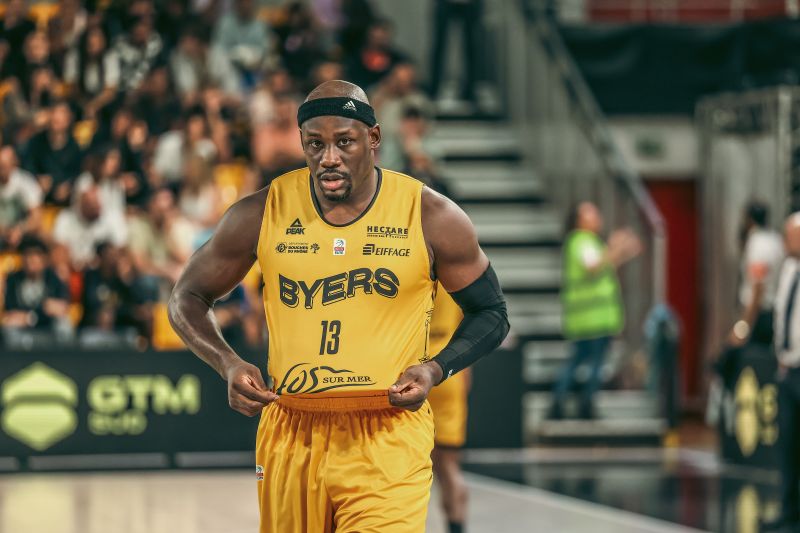Today, we’d like to pay tribute to Johan Passave-Ducteil, an emblematic player of the professional leagues after 20 seasons and over 600 games spent scouring them.
Also President of the SNB for one term, he was kind enough to talk to us about his career, his experience with the SNB and what lies ahead for him in the future.
A look back at the career of one of the LNB’s most successful players, and one of its most endearing.
Hi Johan!
Thanks for taking the time to talk to us. How are you feeling? This last season must have been special.
I’m doing really well. It was an emotional end to the season, and I was able to share a lot of moments with people I care about.
Obviously, I’m a bit mixed because, from a sporting point of view, my last season was a downhill one, and I finished my last career match with a defeat, but that’s my competitive side speaking for itself.
Looking back, I had a tribute from Nanterre, a tribute from Fos-sur-Mer and from my wife who organized a little surprise for me, so frankly it was a nice outing despite everything and above all a lot of good memories.
I also received a number of small testimonials about the player and the man I am, which really warmed my heart.
Can you imagine the impact you’ve had in the LNB, but also all you’ve achieved during your career?
Coincidentally, I retired 10 years after the 2013 title! So when I found myself at the U Arena with my friends this year, it was really there that I could measure the impact of what I’d been lucky enough to experience. It was obviously a collective project, but to receive all these testimonials and expressions of support… it’s obviously heart-warming.
I’ve even had messages from some of the referees (laughs)! It just goes to show that these relationships go beyond the pitch.
To come back to your question, I think it was just like my career – I had no way of expecting all this.
But as a competitor, what we want above and beyond titles and victories is to leave a mark on our sport, and looking at all the messages I’ve received, I think I’ve succeeded to some extent in that respect.
You know, when I started at Saint-Etienne, if someone had told me that one day I’d be a club’s most successful player and that I’d leave a mark on French basketball, I’m not sure I’d have believed them (laughs).
Starting out at Saint-Etienne is quite something indeed…
That’s for sure! I don’t want to think of my career solely in terms of Nanterre, because getting people talking about Saint-Etienne for something other than soccer was also a real achievement!
With that team, we really succeeded in getting people talking about basketball in Saint-Etienne, and that was with great guys like Guillaume Pons, Philippe Hacquet, Justin Ingram, Mo Hachad and all that, under the leadership of Alain Thinet and Fabien Romeyer!
After that, it was Fred Forté who recruited me to go to Limoges… Fred Forté! Even back then, it was an achievement for me to be recruited by someone like him, may he rest in peace.
I really discovered the professional world over there, the Limoges public and my first finals at Bercy.
After that, it was one thing after another! The Pro B title, the Coupe de France, the Pro A title and then in Europe, I played in the Euroleague, I won a 3×3 title and even the quai 54!
Honestly, I can only be satisfied with my career! I think I’ve achieved a lot in all the places I’ve been. The only thing I’m missing is the Leaders Cup in France! (Laughs)
What’s also interesting is that you remember your entire career, not just the years when you won a title.
Of course you can!
Let me tell you something. After that period when I was winning a lot, I found myself working on different projects, at Chalon-Reims for example, or at Le Portel. And yet, I enjoyed it just as much. You’re redirecting your objectives.
At Reims, the aim was to maintain our position and build a loyal following, and I think we succeeded in that. At Le Portel, we had to maintain our position and “return the club to the state in which we found it”, and I think that’s what we managed to do too.
It’s not because the objectives and results have changed that I don’t remember them. You also have to look at the positive and understand that each project can have different objectives. Even if there’s no title at the end.
And seasons aren’t just about results! Aren’t there also the bonds created and the transmission of knowledge to younger players?
That’s for sure! At Le Portel, for example, I met Benoit Mangin, with whom I became buddies, and I witnessed the explosion of Nadir Hifi. Again this year, I’ve been able to watch Alan Dokossi, Dylan Affo-mama and Milan Barbitch evolve, and they too are sure to become very solid players in our leagues.
My role has also been to help these players understand things, to take care of their work tool and to do everything possible to have the longest possible career.
The greatest gift is to hear players remember the little tips I gave them when we played together.
Coming back to the fact that nothing was planned for your career, do you think that conditioned you in terms of preparing for what came after?
To be honest, at the start of my career I didn’t. My aim was to be a professional player and to get as much experience as possible.
My aim was to be a professional player and get as many results as possible. I needed to be 100% focused on that goal.
Looking back, I realize that I could have done things differently, but I have to be honest and also say that at the time, I wasn’t thinking at all about the future.
In fact, these thoughts came to me during my first operation in 2012.
We managed to hold our own after winning the French ProB title in 2011, but I couldn’t make it to the end of the season because of a malformation in my foot.
It was the first warning and it was then that I realized that long periods of injury are a source of stress, but above all, that basketball can come to a halt very quickly.
But once again, I decided to put that aside and focus solely on my rehabilitation and getting back as quickly as possible.
Then, in 2015, we had a big year with Nanterre, winning the Eurochallenge at the buzzer! But then Mikal Riley got injured and we lost him for the rest of the season. It affected us all because it was so brutal.
And then, in the last game of the season, just before the start of the playoffs, it was my turn to get injured. The verdict was in: cruciate ligament rupture, so the end of the season for me too.
At that point, my contract was up, I was pretty sure I’d be leaving Nanterre at the end of the season, and the moment you’ve been working towards all year was only 40 minutes away.
I’d say I was unlucky, but more than anything I was extremely frustrated at the time, because I’m almost 30 and it’s supposed to be the time of sporting maturity, the time when you sign your best contracts.
To be honest, I’m having a really hard time of it, it’s a huge blow to me and it’s only then that I start thinking about what’s next.
So I would have waited until I was 30 to start thinking about my professional future.
So your thinking starts with an injury.
What happens at that point? Is it an easy subject for you to broach in the locker room?
In this respect, I’m part of an intermediate generation. I’m closer to the old generation, but I’ve also rubbed shoulders with the wave of new players who have settled into the current championship.
For those who belong to the older generation of basketball players, it’s always been a bit of a taboo subject to talk about the aftermath, and I really find that unfortunate.
It’s a real shame that we haven’t been able to talk about it more amongst ourselves, but I also find – and I don’t want to accuse anyone – that institutions and other media don’t communicate enough about the great post-career successes of certain players.
I know that the SNB is trying to do so, but I think that a little more spotlight would be beneficial to highlight these achievements and inspire players who are still active to follow a similar path.
And I imagine that having to think about this at a time when you’re already a father must have been an extra source of motivation.
Of course you do! You feel responsible for your family, so you inevitably ask yourself how you’re going to feed your family and be there for them.
As for me, I’ve been lucky enough to have a wife who has always adapted to the different places we’ve lived and who has always remained very active. Being “wife of” isn’t really her thing (laughs).
And you know, at the time of my injury I was a bit alone, so of course you think a lot and look for solutions.
For me, that meant turning to SNB, starting with a skills assessment and then getting back to basics. Drawing up a CV, writing a cover letter, getting information. It may sound silly, but when you’re a player, you’re not used to doing all that!
And as a player, except when the SNB comes to see us, we have no information about any of this.
For example, I learned that clubs had funds that players could use to train during their career, but today if you don’t go through the SNB, you have no way of getting this information.
I think it’s a shame, because there’s so much to be done. It should be a global issue!
Then I have to be honest too. I only became interested in the SNB once I was in trouble. I started reading everything and realized that it was really there to help me.
That’s why I think the SNB should be given more prominence, because they’re really there to help players!
That’s what we’re all about! And you’re well aware of that, since you were SNB president for one term.
That’s true! By the way, do you have the dates? It’s to polish up my CV! Apparently it’s important to specify the dates of your professional experience (Laughs).
Absolutely! (Laughs) I think it was from 2015 to 2019.
By the way, what made you decide to take on this role? Well, it’s an important representative role and also a big commitment!
First of all, I was elected! (Laughs)
To be more serious, my predecessor, Aymeric Jeanneau, had started talking to me about all this, to prepare me to take over in a way.
He knew he was going to stop his career and had other projects, so he trained me as his successor.
But at first, I refused. As I said, my head was in the sand and I didn’t want to get involved.
But I put myself forward, and even though I didn’t see the point of being president at first, Aymeric ended up convincing me of the importance of the role.
So I took it to heart and gave it my all! But it has to be said that, while it’s gratifying to represent the players in the championship, it’s not always an easy mission. It demands unfailing devotion and a great deal of personal investment.
It’s also a job that can be frustrating, and I’d really like the players to understand that.
To give you a concrete example of a frustrating situation, I’ve always been in favor of players playing more games and being out on the pitch as much as possible, but in that case, clubs have to ensure the presence of a full-time physical trainer and physiotherapist.
Today, some clubs are still unable to guarantee this presence!
There is talk, for example, of adding a 2nd assistant, which is all very well, but I feel that the championship and the players would gain more by first beefing up the staff of trainers than that of coaches.
I don’t understand why some clubs with targets ask 10 players to work so hard to achieve those targets without providing a full-time physiotherapist to meet those expectations!
We totally share that. Achieving a career and a sporting project also depends on the work environment.
And it can also be accompanied by a personal project, which often enables you to balance your professional and personal life.
By the way, how would you sum up your training at the Grenoble school?
Well, I’m going to have to be a bit of a Father Castor here (Laughs). Guys, listen to me, train young!
Once you’ve got a family, it’s a lot more complicated to manage.
In any case, I don’t regret doing it at all. For me, it came later and I’m proud to have been able to organize my career and my family life so that today I can say I’m a graduate of a Grande Ecole!
I was lucky enough to work with the Grenoble school, which was very attentive to my organizational issues and whose teaching team is used to working with professional athletes.
But I can’t hide the fact that I would have liked to have been a little more mature earlier, so that I could have benefited from this experience in a less hectic personal environment, more conducive to study.
In any case, you did it and it’s very rewarding for your career.
I imagine you must have had the support of your family for this project, but what about your sporting family? Were you supported by the teams you were on at the time?
Let me tell you an anecdote.
When I started my training project, I was playing in Dijon with a certain Jacques Alingué. He was already studying, and he and Marc Judith often talked about what we were going to do next and how we could go about it.
As you know, Jacques is a bit of an aggressive player, but he’s also an aggressive buddy (Laughs).
He’s a bit like your uncle who says “Oh yeah, you want to train? Well, go on, show me and I’ll have a look” (Laughs).
Some time ago in an interview, I said that it’s all very well having team-mates who feed you to party, but it’s just as well having team-mates who push you to blossom and do positive things!
Even if, for Jacques, it’s a threat… (Laughs)
For me, it was an exceptional thing, because the fact that he accompanied me in this process motivated me to go all the way.
So I went through the SNB and him to put together my file and present it to a jury, which accepted it.
It all started with a chat in the checkroom, and 5 years later I’m practically a graduate.
Today, I’ve even got players calling me to ask for information, and it’s great to be able to share my experience with other players and maybe inspire them to follow the same path.
Players have everything to gain!
You yourself posted on your networks the expression “I never lose, either I win or I learn”, and I think it’s perfectly suited to training during a career.
That’s exactly it! When I came out of my skills assessment, they told me about the banking professions. And frankly, I’m not sure I’d be interested in banking (Laughs).
But at least I knew what I didn’t want to do. So I opted for more general training.
I wanted to be able to understand how a company works and how to manage one. I really wanted to prepare myself for the moment when I’d be in front of a sales team or a financial director and tell myself that I’d be able to understand them and talk to them.
It’s great that you’re talking to me about this! So what are your plans for the future? Can you tell me a little more about them?
Today, I have some concrete things and others a little less so.
In the not-too-distant future, I’d like to be an entrepreneur, and my training has given me enough knowledge to think seriously about it.
In concrete terms, I currently have two projects.
Firstly, I’m going to be approached as a business reporter for a company. I got this job through my network as a player, and I’d like to tell anyone reading this not to overlook this aspect!
Secondly, I’m planning to move to Malta with my family, as I have the opportunity to work in my in-laws’ company there.
I’d like to say that these projects and my training path are a form of revenge for my school career, which was a bit chaotic when I was younger.
I wasn’t very assiduous in high school and I don’t think my teachers would have seen me as a holder of a Bac+5 after my basketball career.
I can say that this is the case today!
So it’s fair to say that your desire for revenge and your competitive spirit were an additional driving force!
Of course it did! That, and what the other converted players of my generation could share!
Initially, I came into the studies a bit on tiptoe, but seeing the success of all the other players of the ’85 generation was a real confidence booster for me, and above all it helped me to play down the whole situation.
I must also mention my family, because in terms of support, they have been faultless.
You know, I lived through the covid period as a student, and every morning I did my homework with my kids. We went to school together (Laughs).
And seeing them happy and proud to be working with their dad was an invaluable source of motivation for me.
I sincerely hope that it will speak to the players and inspire them to take the plunge!
And so do I! And we’re not the only ones!
In rugby, for example, they’ve all got it, and the vast majority of them are training. At the school I went to, it was amazing to see how many rugby players were there – almost half my class!
I think it’s a model and an awareness to be copied, at least at this level.
Finally, Johan, is there anything you’d like to pass on to players at the dawn of their careers?
You know, I don’t want to be preachy. I think you have to live your career and make your own experiences.
But I do think that a good career starts with the people around you, people who will always talk to you frankly and be able to lift your head out of the water when you need it.
Then there’s the “other stuff”, such as social networks.
I think it’s important to know what you can and can’t do as a professional player, especially in relation to your club.
As far as I’m concerned, it’s like sports betting – there are no excuses these days. Others have paid the price, and there have been too many precedents for us to pretend we don’t know the dangers of all this.
When it comes to sports, you’ll always meet people who don’t believe in you or your ability to succeed. Don’t let this bother you!
The only one who will be responsible for your success in the end is you. It’s your ability to stay focused and to work harder than others that will see you through or not.
A career is also about taking care of your body, and sometimes that means investing in it.
For example, if you need a recovery machine and your club doesn’t have one, invest!
If you can afford 800 euros for an iPhone or 1,500 for a Mac, you can easily invest in equipment that will keep you in shape throughout your career.
And at the end of the day, you can even sell it to a younger person who won’t have too much money to spend on it, and you’ve come full circle.
The same goes for sleep and nutrition. These days, careers are short and there are more and more of us, so you have to do everything you can to succeed and, above all, believe in what you do.
Finally, it’s important to remember to think about the aftermath.
I’m aware that it’s not easy at first, but today, there are people who can help you, and above all, programs that are adapted to make your life easier.
My last word is to believe in yourself, in what you do every day. Surround yourself with teammates with whom you can plan your career and pull yourself up. I was lucky enough to have teammates who became friends, and it’s partly thanks to this bond that we were able to redouble our efforts and have the career we ended up with!
Thanks for this interview Johan. It’s been a pleasure to be able to follow you during this last season, but also to chat with you.
The SNB would particularly like to thank you for your years as president and for your unfailing commitment!
Congratulations on your magnificent career and all you’ve achieved.
We wish you all the best in your future endeavors, and above all a well-deserved rest with your family.
📸 Nanterre 92/ Le Portel/ Fos Provence
